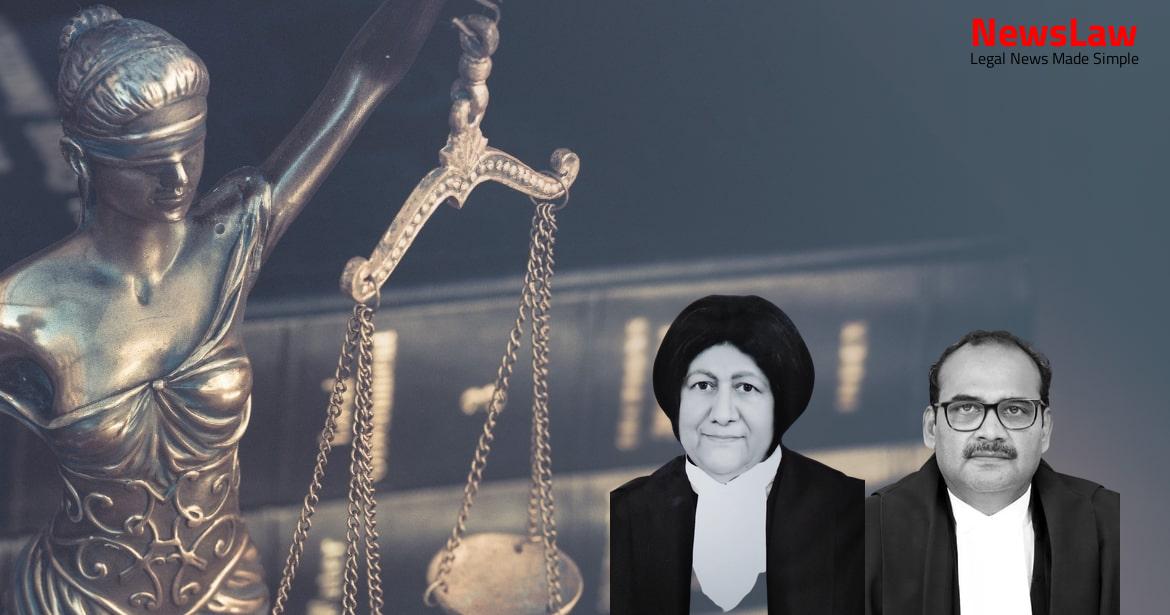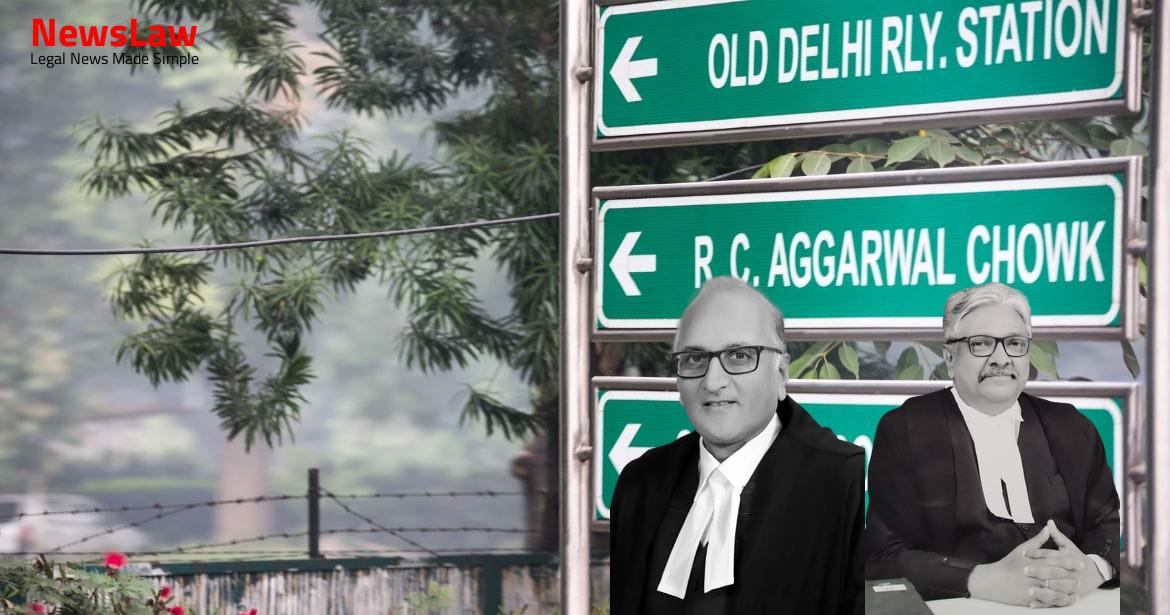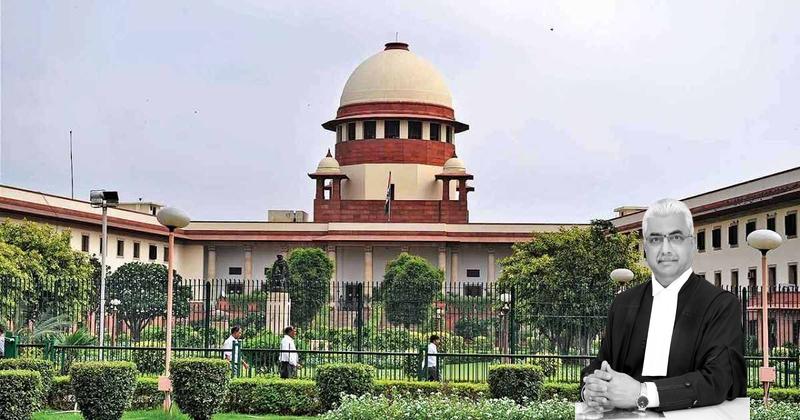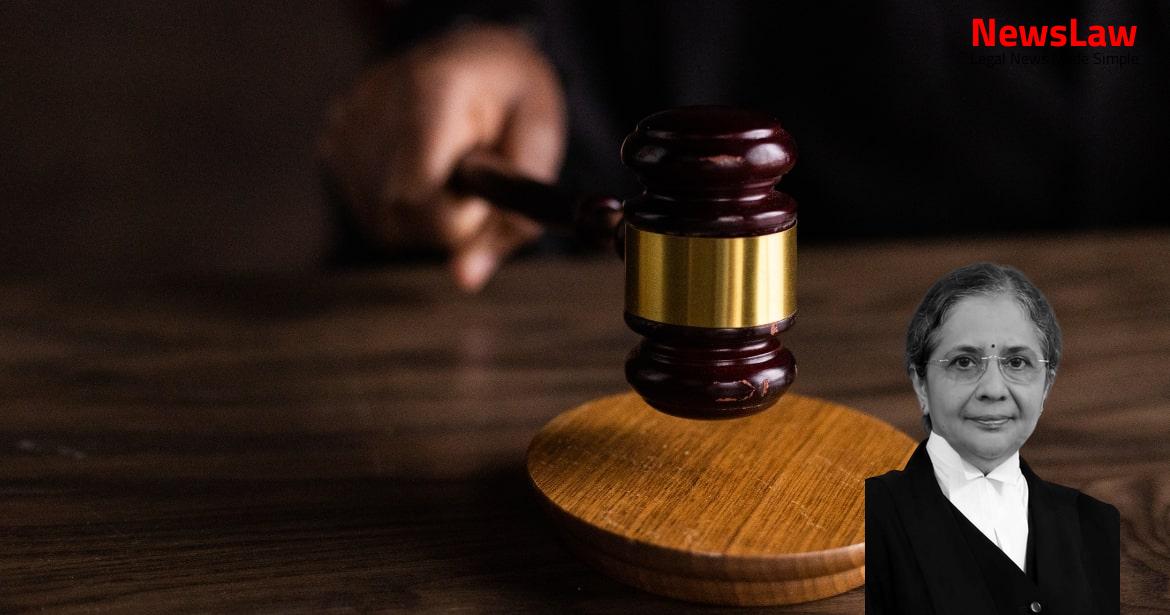This legal case delves into the complexities of a land dispute where the Court’s analysis on the condonation of delay holds significant importance. The judgment sheds light on crucial factors considered by the Court, setting a precedent for similar cases in the future.
Facts
- The High Court dismissed the application seeking condonation of delay in filing the second appeal.
- The Ad-hoc District Judge-I granted a decree of specific performance in favor of the respondent, which was appealed by the appellant.
- The appellant filed a second appeal before the High Court citing lack of knowledge of the decision in the appeal as the reason for the delay, which was 650 days.
- The High Court rejected the application seeking condonation, stating that the plea of non-service of notice and lack of contact with counsel were not acceptable reasons for delay.
- The Trial Court refused to grant a decree of specific performance but directed for the refund of Rs. 61,000 with interest.
- The decree of specific performance is considered a discretionary relief.
- The appeal arises out of the judgment passed by the High Court dismissing the application seeking condonation of delay and the appeal as barred by limitation.
- The suit for specific performance was filed by the respondent against the appellant based on an agreement to sell dated 18.2.1998.
- The suit was partly decreed ex-parte by the Civil Court, directing the recovery of a sum of Rs. 61,000 along with interest but denying the relief for specific performance of the contract.
- The appellant remained ex-parte throughout the proceedings, except when represented by counsel in the first appeal before the High Court.
- The suit seeking specific performance was decreed at the first instance, but later reversed by the lower Appellate Court, which directed specific performance.
- An application seeking condonation of delay in filing a second appeal was rejected, leading to the dismissal of the second appeal as time-barred.
- The second appeal was dismissed by the High Court but later transferred to the court of Ad-hoc District Judge-I, Amalner, due to enhancement of pecuniary jurisdiction.
- Notice of the appeal in the Ad-hoc District Court was served through publication.
- The suit for specific performance was based on an agreement to sell dated 18.2.1998, where the appellant agreed to sell 5 bighas of land at Rs. 51000/- per bigha.
- Certain amount was paid as per the agreement to sell, and the respondent preferred a first appeal before the High Court.
- The appellant’s appeal before the High Court was dismissed as barred by limitation.
Also Read: Legal Analysis on Waiving Waiting Period in Mutual Divorce Cases
Arguments
- The appellant’s counsel argued that the suit was filed for specific performance of contract.
- The defense claimed that the agreement in question was a money transaction, not an agreement to sell.
- A sum of Rs. 90,000/- was refunded, leaving only Rs. 51,000/- remaining.
- The respondent has been litigating for the last 17 years and it would be unfair to deprive them of their valuable right that has accrued.
- The case of Perumon Bhagvathyu Devaswom Perinadu Village vs Bhargavi Amma was cited to support the argument that parties cannot be faulted for delays in appeal hearings.
- In the current case, the notice of the appeal sent by publication was allegedly not served and documents of change of address have been filed by both the appellant and respondent.
- A lenient view should be taken considering these circumstances.
- Respondent has been contesting the suit for specific performance of contract for the past 20 years.
- The respondent filed the suit a long time ago in relation to the contract in question.
- Learned counsel representing the respondent argues against the claim for specific performance.
Also Read: Limitation Period Extension in IBC Case
Analysis
- Assurance given to clients about providing information when matter is ripe for hearing.
- Reliance on the judgment in N. Mohan vs R. Madhu 2019(16)SCALE 602.
- Reliance on the decision in Rohin Thapa vs Rohit Dora (2019) 7 SCC 359 with directions for deposit of agreement amount and stamp/registration fee.
- Reference to Perumon Bhagvathy Devaswom judgment emphasizing the role of advocates in informing litigants about condonation of delay and setting aside sale deeds executed by the Court.
- Opportunity granted to the appellant subject to deposit of amount
- Interference by the Court not warranted in such cases
- Appellant produced documents showing change of address
- Respondent produced voters’ list contending appellant’s name still in Amalner list
- Appellant remained ex-parte in trial court
- High Court unjustified in rejecting condonation of delay without proper enquiry
- Opportunity for specific performance suit to be granted to appellant with conditions
- The High Court erred in dismissing the second appeal based solely on the ground of limitation.
- A lenient view should be taken considering the circumstances.
- The impugned judgment and order of the High Court is set-aside.
Also Read: Legal Analysis: Search and Seizure Compliance in NDPS Act
Decision
- Second appeal lies to the High Court if a substantial question of law is involved.
- High Court is requested to take up the second appeal for admission expeditiously, preferably within one month.
- If the second appeal is admitted, High Court should decide and dispose of the appeal within six months from the date of communication of this judgment.
- Observations made in this judgment do not constitute an expression on the merits of the second appeal and will not affect the parties.
Case Title: DR. YASHWANTRAO BHASKARRAO DESHMUKH Vs. RAGHUNATH KISAN SAINDANE (2021 INSC 647)
Case Number: C.A. No.-006315-006315 / 2021



